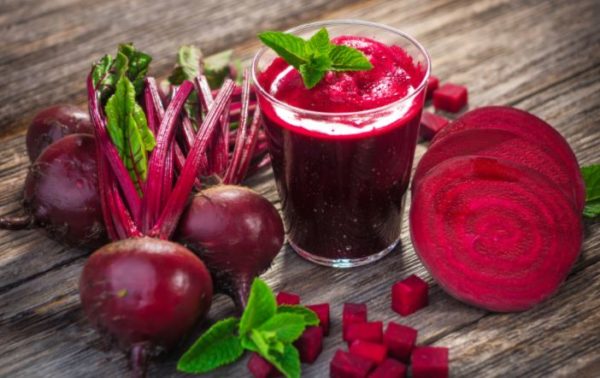Lifestyle
5 surprising side effects of eating too much eggplant

Known for being rich in a number vitamins, minerals, antioxidants, dietary fibers, and other compounds, the eggplant, also called aubergine has plenty of health and beauty benefits to offer.
There are, however, some side effects to eating too much of it, though truth be told, it’s quite difficult to overdose on eggplants.
That said, it’s always good to be aware of what the possible repercussions could be if we were to overdose on this vegetable – which happens to be a fruit, by the way, botanically speaking.
These are the most common side effects of too much eggplant consumption.
1. May cause allergic reactions
Eggplant belongs to the nightshade family of plants, infamous for causing some very severe allergic reactions. So they may cause allergic reactions in some individuals. Some common reactions of eggplant allergy are swelling of throat, nausea, itchiness, and rashes. Fortunately, the allergic reactions caused by eggplant are not as severe as those caused by other members of nightshade family such as tomatoes, potatoes, and bell peppers. Eggplant, being a member of the Solanaceae family, contains plenty of solanine.
2. Can provide more potassium and fiber than necessary
Eggplant is a good source of folate, potassium, and fiber, compounds that are beneficial for our health. However, an excess of these compounds is bad as they come with their own set of side effects. A whole eggplant weighing 458 g meets 29% of the daily potassium requirement. But since almost all vegetables contain potassium, you may end up having more potassium than needed and suffer from nausea and vomiting. Similarly, 1 eggplant can meet 56% of your fiber need, and an excess of fiber can result in constipation, difficulty in absorption of nutrients, and diarrhea.
3. Can cause kidney stones
Eggplant contains a significant level of oxalates, which in high concentrations in bodily fluids can form crystals and cause stones in the kidney or gallbladder. This is why individuals who already have kidney or gall bladder trouble are often advised to avoid eggplant.
4. Does not go well with antidepressants
If you are on antidepressant medication, it is best to stick to a smaller intake of eggplant, for it has been known to interact and stop antidepressant drugs from working properly. Eggplant contains a small amount of tyramine – an amino acid that constricts blood vessels and increases blood pressure. Now, antidepressants inhibit enzymes that break down tyramine and drive it out of the body. Ingesting eggplant along with antidepressants may interfere with this elimination process, and you could end up with more tyramine in your body than is healthy.
5. False results in carcinoid tumor test
This side effect, thankfully, doesn’t affect many. Eggplant contains serotonin, a mood-lifting hormone. Carcinoid tumors, a slow-growing cancer in the tissues of the endocrine and gastrointestinal systems, also secrete serotonin, which is eliminated from the body via urine. The test for these tumors involves measuring the level of serotonin in your urine. But eating eggplant anytime in the 24 hours before a carcinoid tumor test might raise the serotonin levels in your urine high enough to result in a false-positive test result. Imagine the danger of that situation!
Tip: Some other foods you should avoid before a carcinoid tumor test are bananas, pineapples, avocado, kiwis, tomatoes, and walnuts.
A lot of people are of the belief that eating eggplant is bad for the health of pregnant women, but there doesn’t seem to be any conclusive evidence of the same. It is best to get your family doctor’s take on this and not worry too much.










